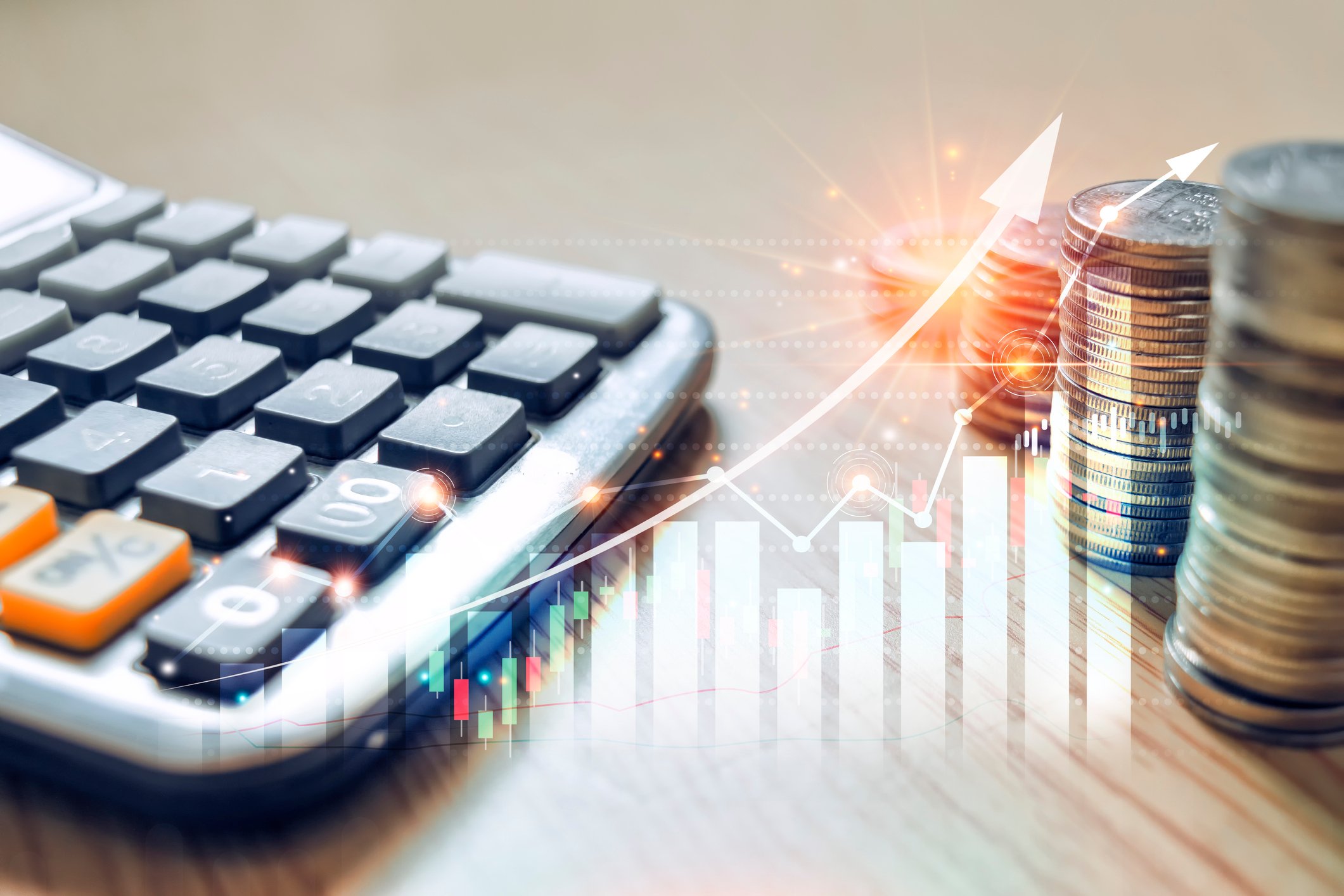The North American energy industry has been completely turned on its head in recent years as the advances in technology have made jaw-dropping quantities of oil and gas commercially viable. It's a development that is having implications on America's ability to be a net energy exporter, on the trade deficit, and on reviving other industries such as chemical manufacturing. Investors who have been clamoring to find the right investment that will allow them to reap the rewards of this movement may have come across transportation and logistics master limited partnership Enterprise Products Partners (EPD +0.61%). The company has its fingers in just about every aspect of taking products from a wellhead to exporting a finished product and has a reputation for creating shareholder wealth over time.
Buying a stock in a cyclical industry like energy isn't as simple as identifying a great company. Even the best businesses can turn into stinker investments if you pay too much for a stock. So let's take a look at whether Enterprise Products Partners is a great investment right now.

Image source: Getty Images.
About as solid a foundation as you can get
When it comes to a high-yield dividend stock in the oil and gas industry, you'll be hard pressed to find a company with a more reliable payout than Enterprise Products Partners. From the business model to management's capital allocation priorities, the company is well positioned to provide steadily growing distributions for years to come.
Let's start with the business. A large portion of Enterprise's network of pipelines, storage facilities, and processing plants is in a unique portion of the industry known as natural gas liquids, or NGLs. These are products like propane that get used for heating or ethane as a base feedstock for manufacturing several petrochemicals and plastics. Enterprise has carved out a dominant position in the value chain for this particular form of petroleum, and management uses that network to its advantage when charging customers to use its network or when making new investments such as export facilities and its own chemical manufacturing plants.
A vast majority -- more than 80% -- of the company's gross operating margin comes from fixed fees instead of taking a percentage of profit on the commodity it moves. In doing so, Enterprise largely insulates itself from the ups and downs of oil and gas prices. That kind of revenue stability enables the company to generate predictable cash flows with which management can handsomely pay investors.
EPD Financial Debt to EBITDA (TTM) data by YCharts.
Perhaps what makes the company's payout that much more dependable than many others is the simple fact that management manages its payout much more conservatively than most other master limited partnerships. Enterprise has, historically speaking, retained a large chunk of the cash it could pay out to shareholders to fund capital expenditures. In doing so, the company has been able to keep its debt profile under control for years and has maintained an investment-grade credit rating, something only a few MLPs possess.
In fact, management has taken an even more conservative track lately by slowing its payout growth rate in order to retain more cash for growth. The company is in the midst of a larger-than-normal rate of capital spending, and slowing its payout means more cash in the future is retained for investment. Management expects this move to remove the need to issue equity to pay for growth, what management calls self-funding the equity portion of its capital program.
With oil and gas infrastructure bursting at the seams -- figuratively speaking, of course -- in many parts of North America, having a large amount of cash to spend on growth projects is a valuable thing to have right now and could set Enterprise up to increase its payout rate in the future once this growth wave subsides.
Price-conscious investors: Hold your nose when buying
There are always trade-offs when it comes to investing. For Enterprise Products Partners, you get a great company that will very likely grow at a steady rate for years to come, but the trade-off is that the stock typically is one of the more expensive stocks among the larger oil and gas transportation and logistics companies.
EPD EV to EBITDA (TTM) data by YCharts.
Also, the conservative manner in which management runs the business means that the company is rarely in financial trouble, and as a result, the stock doesn't sell at a discount all that often. As you can see in the chart above, Enterprise Products' enterprise-value-to-EBITDA and price-to-book-value ratios have barely moved in the past three years. So if you are looking to wait on the sidelines for the perfect time to buy Enterprise's stock, I'm sorry to tell you that you will likely be waiting for a long, long time.
Buy for the reliability, not the upside
Whether Enterprise Products Partners is the kind of stock for your portfolio very much depends on the expectations you have for it. If you are looking for the one stock that is going to generate huge returns over a few years or possibly beat the overall market, you will be sadly disappointed. If you are looking for a stock that can provide income through dividends or one you can hold onto for decades and let the power of reinvested dividends do its thing, then this is most certainly a stock you will want to consider.
When it comes to valuation, there is never really a great time to buy the stock. Conversely, there isn't really a bad time to buy it, either. The stock trades at a premium compared to its peers almost on a regular basis, but in return, you get a business that has proven itself as a great business run by a great management team.








